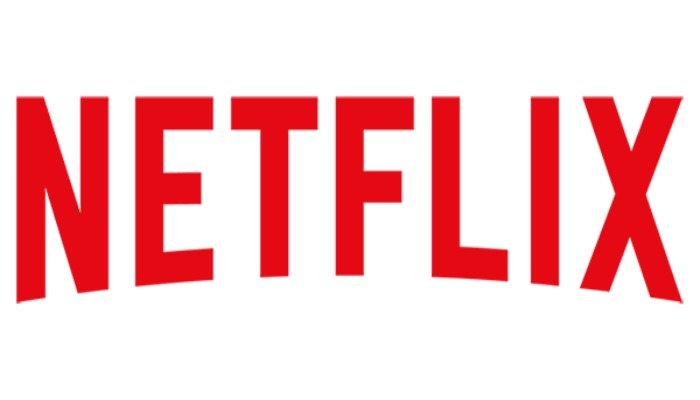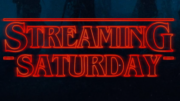Bingewatching. It’s hard to believe but the term hasn’t been with us that long. Most people started using it around 2015. Sure, the last 12 months have seemed like 12 years, but really that wasn’t so long ago. The funny thing is I didn’t even like the word when it came out. I thought it was too closely tied to things like “binge drinking” and “binge eating” which are definitely bad things. Bingewatching (which somehow became one word, not two) isn’t a bad habit in and of itself. Back then, I preferred the term “season-slamming.” No one else did.
Bingewatching and streaming, a marriage made in heaven
Sure, there was bingewatching before streaming. You could buy whole seasons of a show on VHS or DVD. And people did. Heck, I did. And certainly if you didn’t want to commit at that level, you could go to your local Blockbuster and pick up a season at a time. This is how, for example, I got caught up with 24.
But, with the coming of streaming, bingewatching shifted into high gear. Whether it was The Office, Breaking Bad, or something else, you probably discovered the real joy of bingewatching when you could blow through a dozen episodes of a show without leaving the couch. Streaming services brought the ultimate in binge entertainment, and Netflix was at the forefront.
But was it a mistake?
Bingeing is great for older shows. When Friends moved to HBO Max, it was a whole new opportunity to set it and forget it, just stopping the action for a snack here or there. But, when it came to new shows, it may have been a mistake. Dropping a whole season at a time was a great way to build buzz for a show, but that buzz dissipated as quickly as it formed. When Orange is the New Black dropped a season, everyone talked about it for a week and moved on to something else. Netflix’s server usage spiked for a little while but it was hard to see how this behavior kept people coming back for more.
Eventually streaming services started releasing shows a week at a time, just like traditional networks. Sure you could binge to catch up, but for new stuff, the buzz was spread over the course of weeks. This kept people signed up for months, potentially long enough for them to forget to cancel. And that was the point.
Shows like Star Trek: Discovery and The Handmaid’s Tale were early hits that took advantage of this once-a-week model. Today, almost all new shows drop this way. Some may give you a few episodes at the front just to get you hooked, but then it’s one a week after that.
Does Netflix regret it?
Look, I’ve been pretty rough on Netflix over the years. I honestly don’t think they do a very good job of providing good content. It’s just that they provide so much content that there’s bound to be a good one now and again. For every Bridgerton there are hundreds of hours of dopey semi-sci-fi or boring infotainment. This has worked for them because their profits are astronomical. People are paying $15 a month for the service and I’m betting that providing the content costs them about $1 a month. The rest is just overhead and program acquisition, and that’s easier to control.
Netflix has also been slow to embrace the one-episode a week model. Bridgerton, which has been their most buzzworthy hit in 2021, dropped all at once on Christmas Day. It’s still a little buzzed about now, because it was slow to gain an audience. But that’s a fluke. Most Netflix shows and movies spike in popularity over a weekend.
There’s some signs that Netflix may be rethinking its content strategy. We’ve already seen less original content this year compared to last year. They may be willing to turn down that firehose of content and concentrate on making good shows. [Yeah, that would be a big change for them.] But so far there’s no sign that they plan to embrace a weekly release schedule like most other streamers.
Sooner or later…
Look every dog has its day. Back in 2000 Blockbuster was king, dethroning the mom-and-pop VHS stores which thrived back in 1990. By 2010, Netflix was on top of the world, even though they were still making their money off DVDs in the mail. (How quaint.) 2020 saw them extend their dominance in a much more crowded field. But will they make it to 2030? The smart money would be on “no.” Netflix is one of the top two most expensive streaming services. Between them and HBO Max, there’s no comparison on quality. At some point their star will fade. In the meantime if they want to stay top dog for a little longer, they might consider weekly episode drops instead of just dumping a whole new bunch of garbagey stuff every week. It just might keep them going a bit longer.




